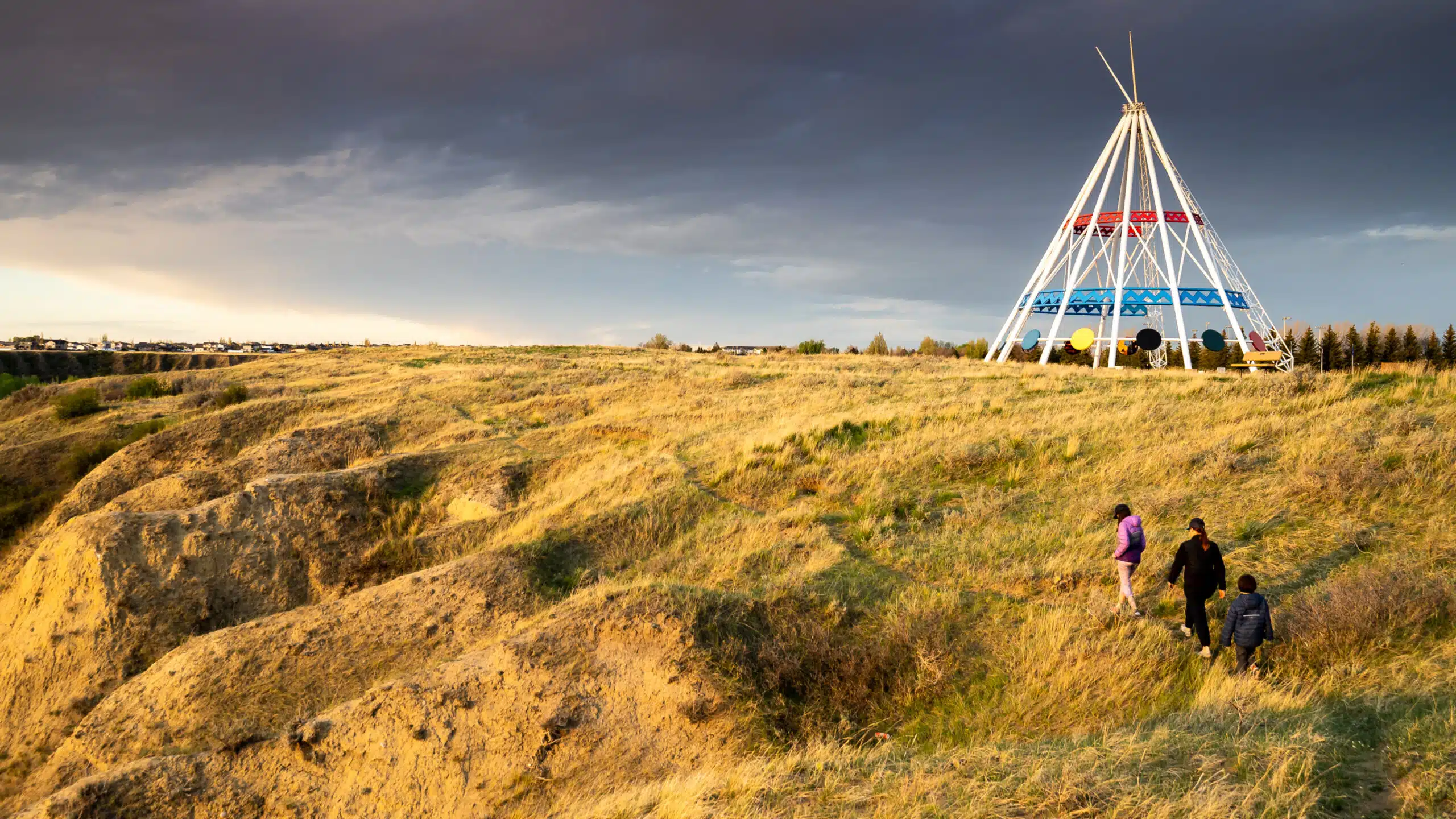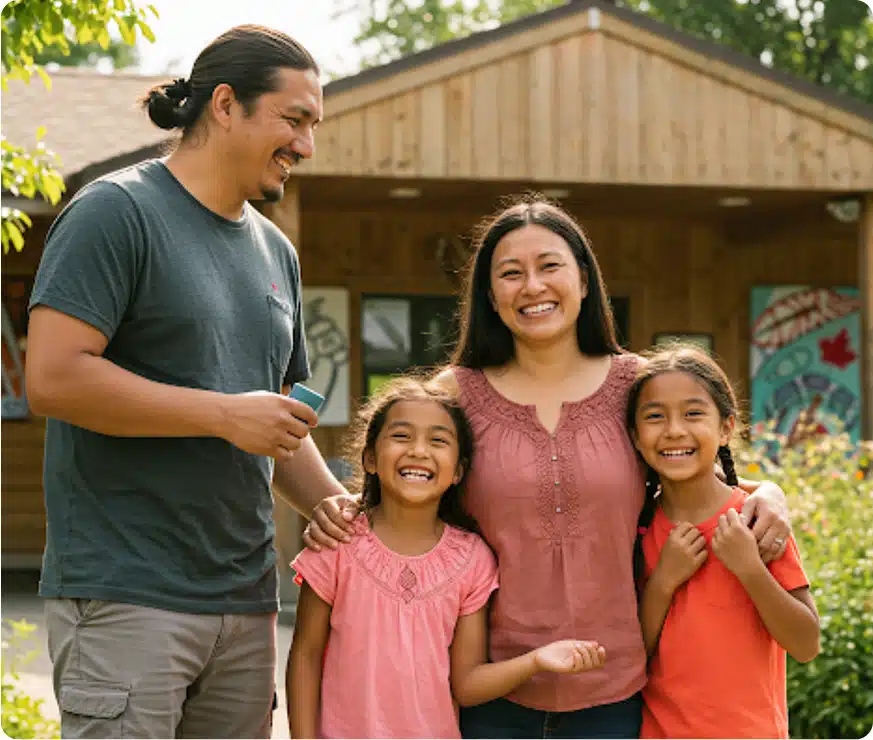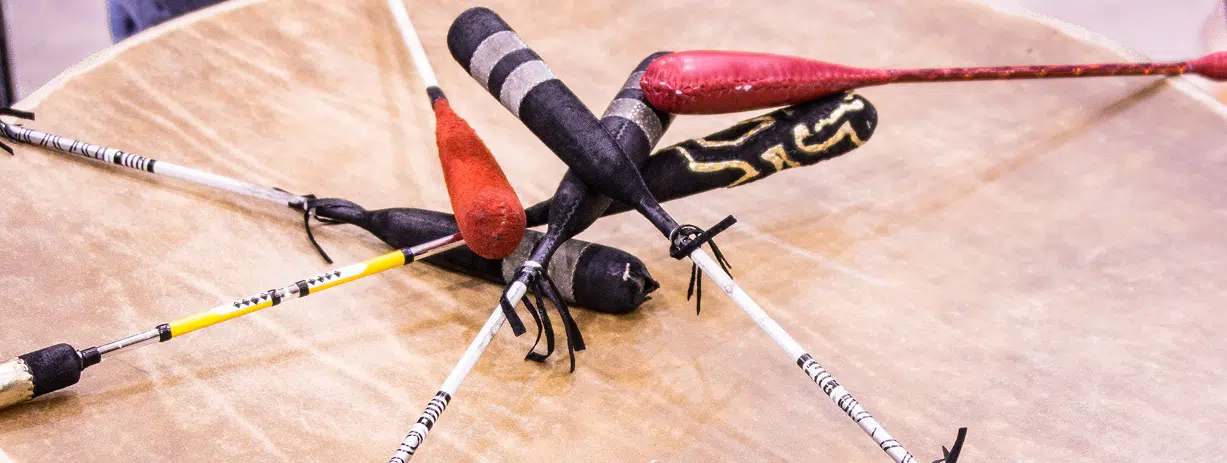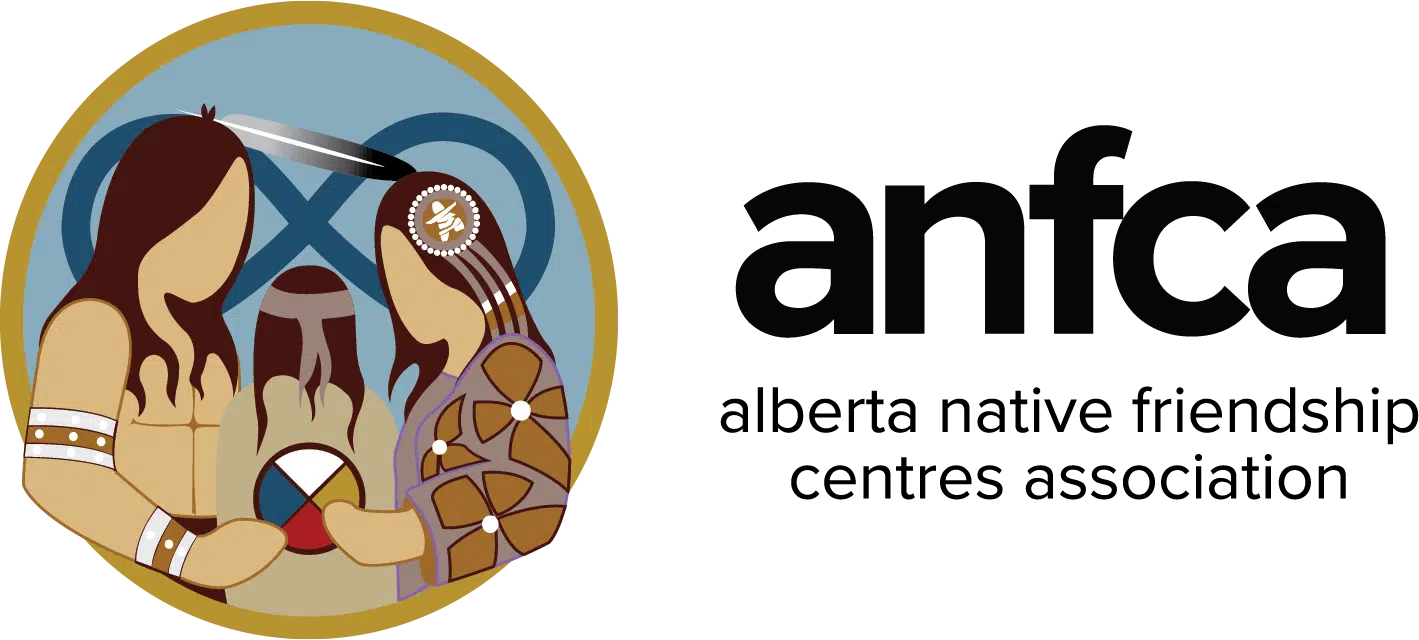Our Story

Honouring Our Story, Vision, & Dedication
Guided by a deep connection to community, our story is one of resilience, collaboration, and unwavering commitment to empowering urban Indigenous peoples. Our vision is to nurture thriving, culturally strong, and holistically healthy Friendship Centre communities, where culture and self-determination are celebrated.
We are grounded by our values of inclusivity, respect, and cultural preservation, which shape every decision we make. Our structures are designed to support and amplify the voices of Friendship Centres and the communities they serve across Alberta, ensuring that their unique needs and priorities are heard and addressed.
Through our Provincial Committees, we engage Friendship Centre leaders and community advocates who share our dedication to creating meaningful change. Together, we strengthen the foundation of the Friendship Centre Movement and build a brighter future for all those we serve.

We are grounded by our values of inclusivity, respect, and cultural preservation.

Our History
Our story is one of resilience, collaboration, and unwavering commitment to empowering Urban Indigenous Peoples.
The Friendship Centre Movement emerged in the mid-1950s following the repeal of the Pass System in 1951. The Pass System in Canada was implemented by the Department of Indian Affairs (DIA) as a means to confine Indigenous peoples to their reserves. Indigenous individuals were required to obtain permission from Indian agents through mandatory passes before leaving their communities. This measure not only restricted their freedom of movement but also served as a critical tool in enforcing assimilation policies.
As Indigenous people migrated to towns and cities in search of education, employment, and social opportunities, they faced numerous challenges, including navigating complex systems such as employment offices, school registration, and landlord-tenant agreements, all while enduring widespread discrimination and prejudice.
In response, Indigenous volunteers began gathering in living rooms and rented spaces, offering essential support such as housing referrals, employment assistance, health guidance, and educational resources. These spaces also became safe and welcoming gathering places for newly arrived Indigenous peoples, fostering community and connection.
By 1959, 11 urban Indigenous gathering places had been established across Canada, marking the beginnings of the grassroots Friendship Centre Movement. During this time, Indigenous community leaders began advocating for specialized agencies to address the growing needs of Indigenous individuals migrating to urban areas in search of support and opportunities.
In the early 1960s, these gathering places began to be formally incorporated as ‘Friendship Centres.’ They evolved beyond providing referrals and safe spaces, transforming into vital “front-line” organizations delivering comprehensive social services to urban Indigenous communities.
Recognizing the need for a provincial body to provide advocacy and administrative support within Alberta, the Alberta Native Friendship Centres Association (ANFCA) was established on April 28th, 1970. As the first Provincial/Territorial Association (PTA) in the Friendship Centre Movement, it set a precedent for others to follow. Over the subsequent years, six additional PTAs were formed across Canada, further strengthening the movement.
During this period of foundational growth, the National Association of Friendship Centres (NAFC) was created in 1972 to represent the expanding network of Friendship Centres on a national scale and to champion their collective vision.
Today, with over 125 Friendship Centres across the country, this network represents the largest infrastructure of frontline service delivery organizations in Canada dedicated to supporting Urban Indigenous people.
Support Our Journey
Walk With Us
Join us on the path to empowerment.



